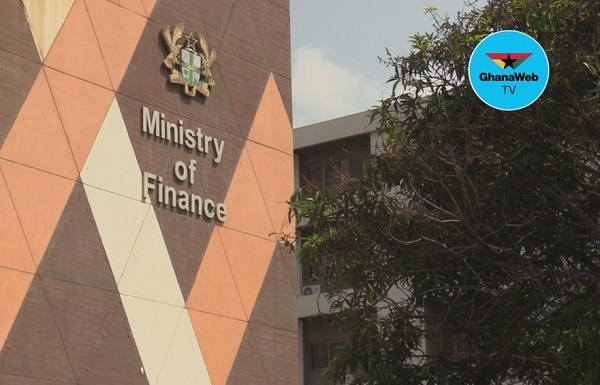George Winful, Director of Revenue Policy, Ministry of Finance, has urged the government to provide tax incentives for vulnerable groups, particularly women in lower-income brackets, to promote economic inclusion.
He said there was an urgent need for gender-sensitive fiscal policies, noting that the COVID-19 pandemic had disproportionately impacted women, particularly through job losses and increased care responsibilities.
Speaking during a Policy Conference in Accra, Mr Winful argued that tax policy interventions were essential for addressing gender inequality in multiple ways, including generating revenue for social spending, supporting sectors employing women, and redistributing income to benefit women and children.
The conference was organized by the Network for Women’s Rights in Ghana (NETRIGHT) and the Tax Justice Network Africa.
The event, focused on the topic “Taxation for Equity: Exploring Gendered Perspectives in National and International Tax Policies,” aimed to explore the gendered impacts of fiscal policies in Ghana and beyond.
Mr Winful stated that gender-responsive public services were essential in addressing the unique needs of women and children.
“It is therefore important that, our macroeconomic policies address the factors that lead to increased vulnerability and inequality among women and children.”
Mr. Winful revealed that a total of GHS1.14 billion was allocated for gender equality initiatives in the 2022 fiscal year.
This included GHS1.12 billion allocated by Municipal and District Assemblies, and GHS14.72 million by Metropolitan, Municipal, and District Assemblies.
He also highlighted data from the Global Gender Gap Index, noting that women’s representation in public office had made significant strides.
The global average share of women in ministerial positions nearly doubled between 2006 and 2022, rising from 9.9 per cent to 16.1 per cent.
Similarly, the global average share of women in parliament increased from 14.9 per cent to 22.9 per cent.
However, Mr. Winful acknowledged that despite these positive developments, significant gender imbalances persist, with women and girls still facing substantial barriers.
“It has therefore become apparent that Governments and businesses, continue to work together to accelerate the pace for equal rights, freedoms, and opportunities for women and girls to overcome the imbalance that they face every day,” he added.
Dr. Afisa Zakariah, the Chief Director of the Ministry of Gender, Children and Social Protection, in a statement delivered on her behalf, stressed the importance of exploring gender perspectives in national and international tax policies for equity.
She said that taxation was a powerful tool for promoting economic growth, reducing inequalities, and financing essential public services, particularly in the context of achieving gender equality.
However, for tax policies to be effective and equitable, it must adhere to the specific economic realities of all groups within the society, especially the burden of unpaid care work, particularly for women and girls.
Dr Zakariah said the Affirmative Action Act 2024, known as the Gender Equity Act and its passage, would help to address gender imbalances effectively and efficiently in the political, social, economic, educational, and cultural spheres of the Ghanaian society.
She called on all stakeholders, development partners and civil society organisations to support the implementation of the Affirmative Action Gender Equity Act 2024, to achieve gender parity for effective national development.
Madam Patricia Blankson Akakpo, Head of NETRIGHT Secretariat, observed that women in Ghana were heavily represented in a low-wage and informal employment sectors, where income was often irregular and not fully accounted for within formal tax structures.
She said indirect taxes like VAT contributed up to 38 per cent of the total tax revenue in Ghana, which disproportionately impacted women, who typically spent a larger share of their income on essential goods and services, such as food, healthcare, and education.
